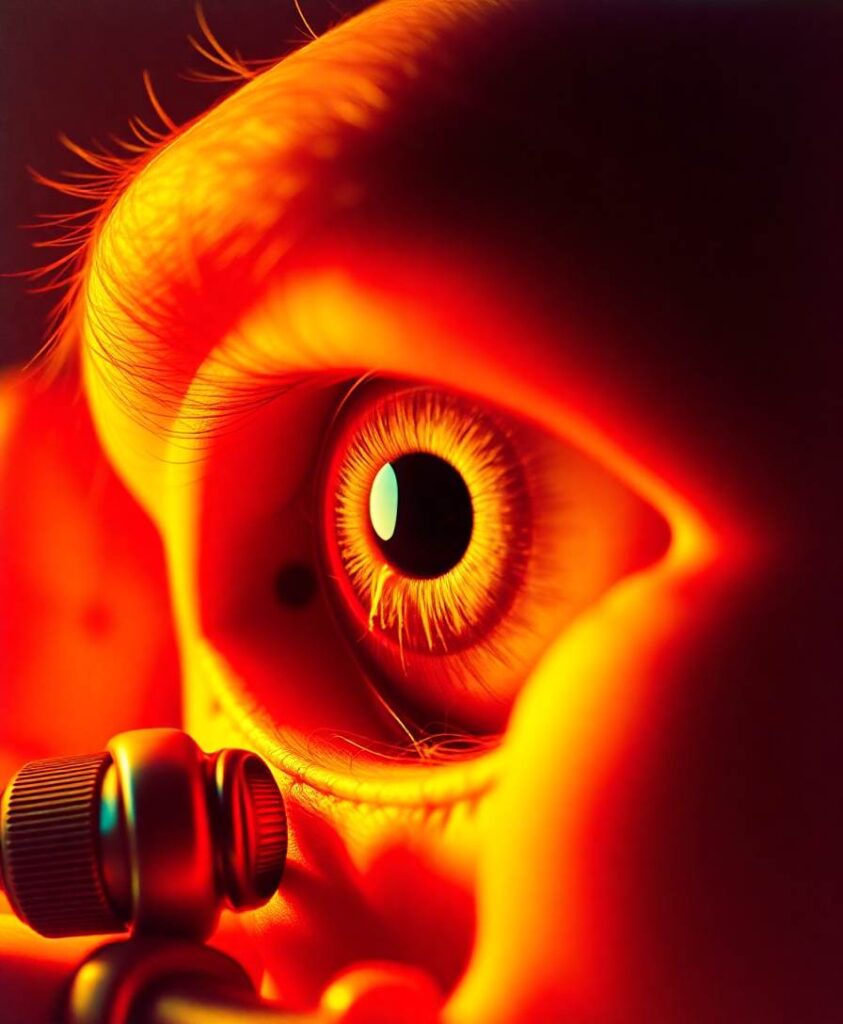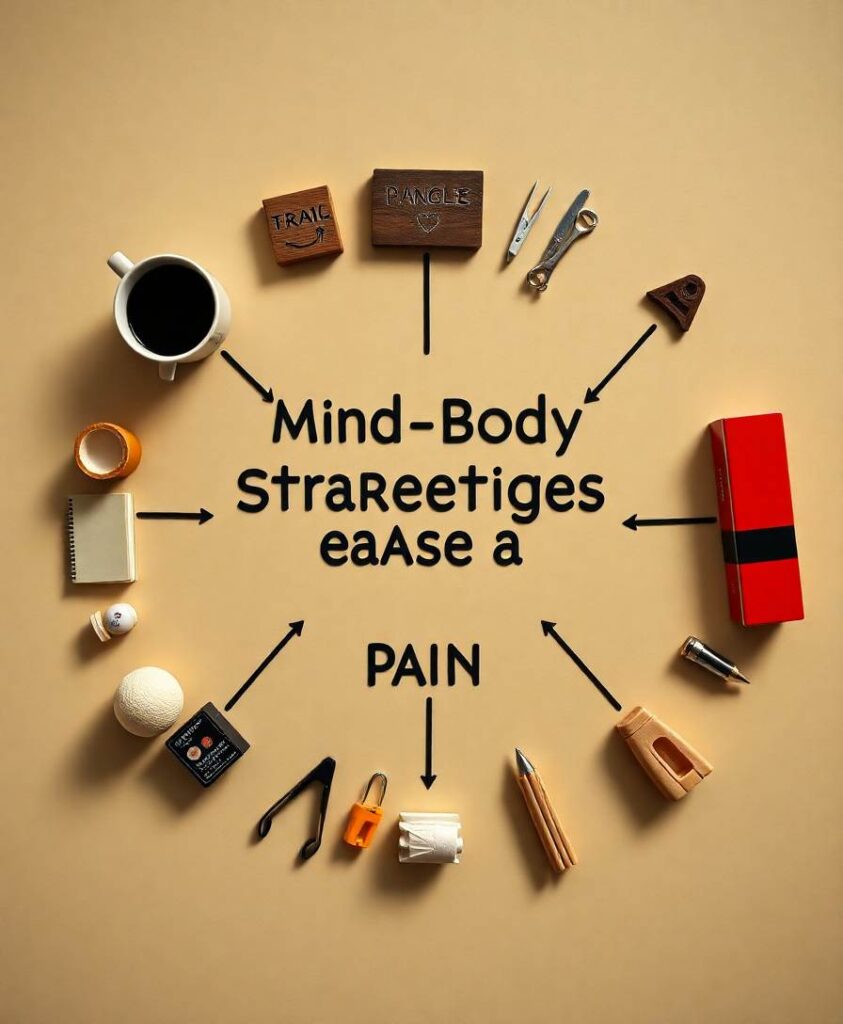An increasing recognition that brain and body are dynamically coupled has enriched our scientific understanding of mental health conditions. Peripheral signals interact centrally to influence how we think and feel, generating our sense of the internal condition of the body, a process known as interoception. Disruptions to this interoceptive system may contribute to clinical conditions, including anxiety, depression, and psychosis. After reviewing the nature of interoceptive disturbances in mental health conditions, this review focuses on interoceptive pathways of existing and putative mental health treatments.



